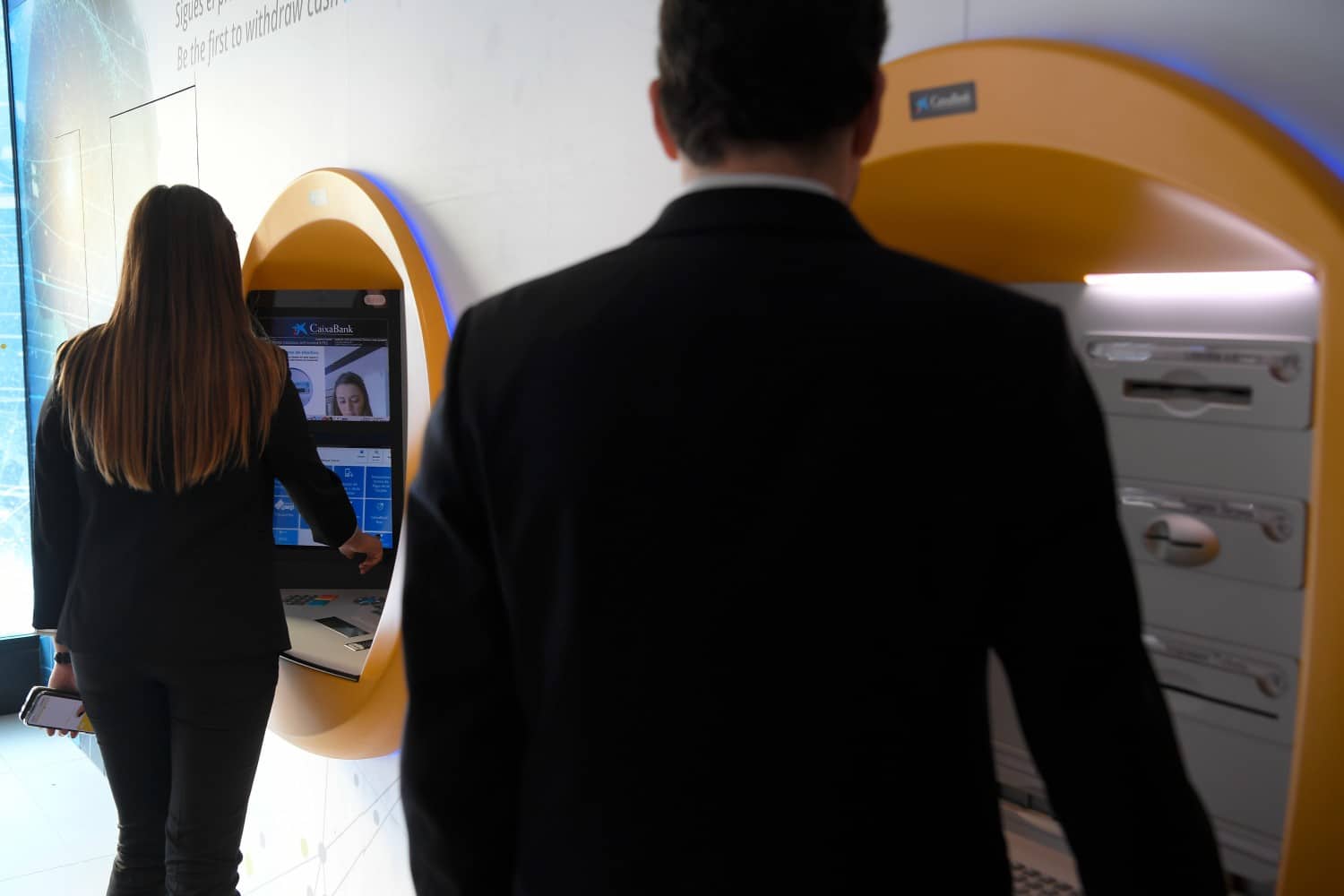In a changing global banking market, where branch networks are shrinking, digital payment volumes are increasing, and payments are processed in seconds, fraudsters are innovating new ways to steal from banks and their clients.
Identity fraud continues to be a challenge for the global finance industry, leading to substantial yearly losses. In 2021, a UAE Deloitte survey revealed that 48% of banking professionals had witnessed more fraudulent activity compared to earlier years. Moreover, 41% of the participating companies stated they don’t have dedicated fraud risk management.
Fortunately, the proliferation of facial recognition technologies in recent years has offered financial services institutions a way of remotely verifying their customers to avoid this and other types of fraud, such as credit card and employee fraud or money laundering. But unfortunately, doing so requires a high degree of accuracy that many solutions fail to deliver.
In an interview, Anton Nazarkin, Global Development Director of VisionLabs, an industry leader in facial recognition technology, confirmed that the GCC region is becoming renowned for its adoption of new technologies and, in many aspects, is leading the world in customer experience.
He told TRENDS that VisonLabs’ mission is to help create the ultimate consumer experience leveraging facial biometrics, so they are enthusiastic about where they can help lead the UAE in advancing such consumer-focused technology.
How does facial recognition help banks fight fraud and scams?
According to Nazarkin, the days of critical cards and passcodes are numbered. Thus, facial recognition technology is the most accurate form of identity verification since biometric data is incredibly hard to fake or replicate, and faces cannot be lost, forgotten, or stolen.
On the other hand, he explained that not all facial recognition software’s are born equal: whether it is about the level of accuracy or the lack of strong anti-spoofing features.
“VisionLabs has dedicated much of its time to developing anti-fraud features to tackle this growing problem. For instance, VisionLabs’ LUNA SDK software incorporates a state-of-the-art liveness engine, which determines if the object in front of the camera is a spoof attack or a real individual, with an unparalleled level of accuracy (99.9%) to mitigate vast swathes of fraud”, he added.
Moreover, having a technology that confirms an individual’s identity provides financial institutions with evidence in legal proceedings. Today, fraud losses are expected by banks to the point it is included in their budgets. Facial recognition aids in post-fraud proceedings and fraud prevention, allowing the bank to divert resources into other areas.
It’s worth mentioning that VisionLabs is currently supporting Emirates NBD Bank PJSC in Dubai with the implementation of facial recognition technology. In addition, their facial recognition software is used as a verification method for their mobile account opening service as they can ensure the identity verification is more secure.
Nazarkin emphasized the importance of adopting the latest technologies to become a leading financial institution in the GCC area. Hence, through identity authentication, facial recognition provides the greatest safety level for businesses and consumers’ money due to anti-spoofing measures and accuracy.
Meanwhile, the seamless customer experience it introduces through identity verification for banking apps, payments processing, and banking product applications will increase customer satisfaction.
How can governments use facial recognition, and is the data secure?
According to Nazarkin, governments can create agencies, or leverage existing agencies, to help banks in the fight against fraud.
These agencies can develop a database of all known fraudsters and their biometric data. This database could then be used to cross-check the identities of banking customers when they apply for products online or in-store. The facial recognition system would then be able to flag any unwanted customers due to their previous attempts at fraud and prevent them from accessing the bank’s products and attempting to commit fraud again.
“By developing safe, secure, and legal databases, government agencies can aid banks in the fight against fraud,” he said.
Nazarkin said that VisionLabs utilizes a patented, self-developed neural network architecture for face recognition. This helps their products stand out from the competition, primarily using open source deep neural networks models and training them on the available datasets.
According to him, the key differentiator of VisionLabs is the use of sublinear (indexed) search that makes this process at least 50 times faster than the competition in 1:N matching applications.
“The significance of our high level of accuracy cannot be understated. Some facial recognition is required to scan faces with darker skin tones. This can lead to false positives and issues with incorrect identification. Non-white individuals are being excluded from certain services, or are subject to different identification checks, due to the lack of inclusivity in the technology available,” he mentioned.
The high level of accuracy VisionLabs provides ensures that all individuals, no matter their skin tone, can be treated equally in the identity verification process while also giving non-white people the same level of protection.
This level of accuracy also means that our technology can scan individuals wearing a mask.
It’s also worth noting that VisionLabs has developed one-shot liveness (which determines whether an object is a real person, a still image, or a video), which means the subject doesn’t need to interact with the system by blinking or taking action, making it more user-friendly and providing a seamless customer experience.








